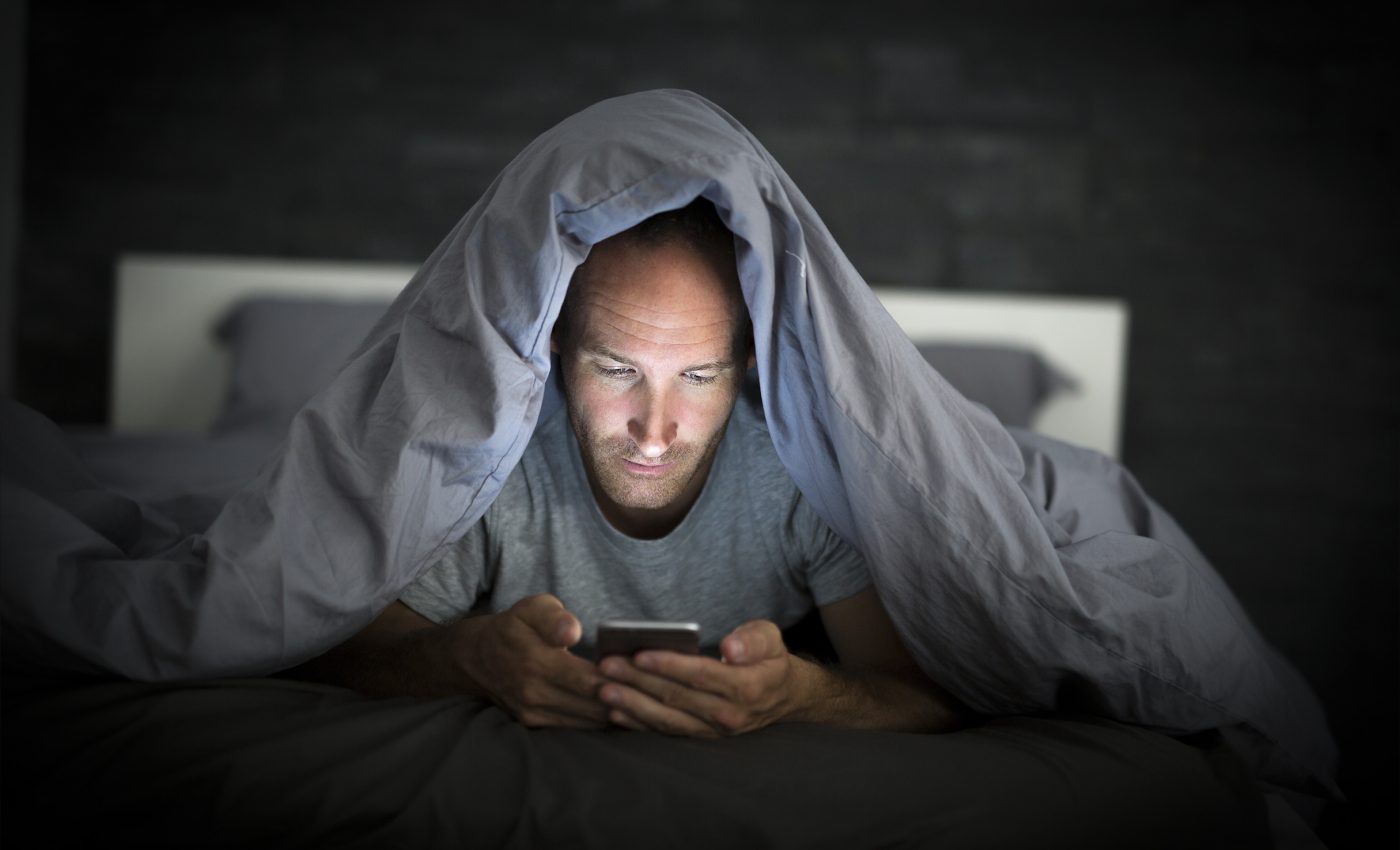
‘Technoference’: Our smartphones are costing us sleep and productivity
A new study from the Queensland University of Technology (QUT) has found that one in five women and one in eight men are compromising their sleep to spend more time on their mobile phones. The researchers found a major increase in the amount of this “technoference” in the last 13 years.
The study was focused on the survey responses of more than 700 mobile phone users across Australia between the ages of 18 and 83 in 2018. The questions were replicated from a previous survey that was conducted in 2005.
When the researchers compared the data between 2005 and 2018, they found significant increases in people blaming their phones for losing sleep, becoming less productive, taking more risks while driving, and even blaming their phones for more aches and pains.
According to study lead author Dr. Oscar Oviedo-Trespalacios, the survey results showed 24 percent of women and 15 percent of men could now be classified as “problematic mobile phone users.” Among 18 to 24 year-olds, this number jumps to 40.9 percent.
“When we talk about technoference we’re referring to the everyday intrusions and interruptions that people experience due to mobile phones and their usage,” said Dr. Oviedo-Trespalacios. “Our survey found technoference had increased among men and women, across all ages.”
“For example, self-reports relating to loss of sleep and productivity showed that these negative outcomes had significantly increased during the last 13 years. This finding suggests that mobile phones are potentially increasingly affecting aspects of daytime functioning due to lack of sleep and increasing dereliction of responsibilities.”
One positive finding was that fewer people reported having phone bills that they could not afford to pay. Over the 13-year time span, the number of people who found it difficult to switch off their phone remained fairly constant.
Dr. Oviedo-Trespalacios said that the survey results also implied that smartphones are being used as a coping strategy, with one in four women and one in six men reporting that they would rather use their phone than deal with more pressing issues.
The number of smartphone users is expected to exceed 2.5 billion this year worldwide. In Australia alone, about 88 percent of adults now own a smartphone, which is one of the highest smartphone usage rates in the world.
“The speed and depth of smartphone take-up in Australia makes our population particularly vulnerable to some of the negative consequences of high mobile phone use,” said Dr. Oviedo-Trespalacios.
“Rapid technological innovations over the past few years have led to dramatic changes in today’s mobile phone technology – which can improve the quality of life for phone users but also result in some negative outcomes. These include anxiety and, in some cases, engagement in unsafe behaviors with serious health and safety implications such as mobile phone distracted driving.”
The study is published in the journal Frontiers in Psychiatry.
—
By Chrissy Sexton, Earth.com Staff Writer













